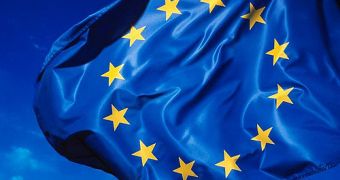Alarmed by the state of the digital market, media and state of its citizens, the EU panned out a group of initiatives for their members and agencies to follow in the next five years. These initiatives have been grouped in a document called the Digital Agenda.
The EU, represented through Neelie Kroes, vice-president of the European Commission, responsible for the Digital Agenda, has highlighted seven key areas of interest to the Commission. According to one of the press releases, these are: “creating a digital Single Market, greater interoperability, boosting internet trust and security, much faster internet access, more investment in research and development, enhancing digital literacy skills and inclusion and applying information and communications technologies to address challenges facing society like climate change and the ageing population.”
So, an extreme importance is given to better capitalizing from the digital marketplaces by increasing the number of legal downloads, providing a better response time for cyber-attacks and increasing broadband adoption among its users.
To do so, the European Commission plans to outline around 100 specific follow-up actions, including some 31 legislative proposals with the intent to build, upgrade, help and monitor the achievement of its goals.
By 2013, the EU plans to boost up broadband coverage for all EU citizens of member countries, while by 2020, citizens should start having access even to fast broadband coverage (30 Mbps) on a regular basis. By that date as well, more than 50% of EU citizens should have easy access to fast broadband networks with 100 Mbps or higher connections.
Other goals include providing Internet access to 75% of EU citizens (60% in the case of disadvantaged people) by 2015. At that time as well, more than 50% of the EU population should be shopping online, with 20% of them using cross-border online services.
2015 is also a deadline for the Commission to convince 50% or more EU citizens to use online versions of their public services and to reduce the percent of people who never used the Internet from 30% down to 15%.
EU representatives also intend to double the amount of public spending on R&D to €11 billion with the help of the European Investment Bank.
The official EU press releases issued on May 19th, 2010, regarding the Digital Agenda can be viewed at these links:
Digital Agenda for Europe: what would it do for me?
Digital Agenda for Europe: key initiatives
Digital Agenda: Commission outlines action plan to boost Europe's prosperity and well-being

 14 DAY TRIAL //
14 DAY TRIAL //